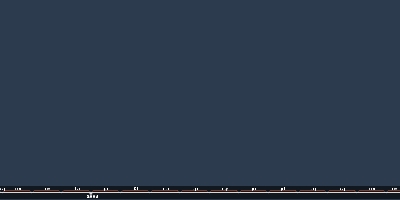16 ноя 2002 г. - SARS-CoV-1 outbreak
Описание:
The SARS-CoV-1 outbreak, also known as Severe Acute Respiratory Syndrome (SARS), began on 16th November 2002 in Guangdong, China. The highly contagious virus quickly spread around the world, with significant outbreaks in Hong Kong, Taiwan, Canada, Singapore, and Vietnam.In March 2003, the World Health Organization (WHO) issued a global alert, the first such alert for a new disease in the 21st century. SARS – like the subsequent MERS (2012) and SARS-CoV-2 (2019) – was a coronavirus, noted for its severe pneumonia-like symptoms and its ability to spread easily in healthcare settings.
The major part of the outbreak lasted about eight months, and the WHO declared it contained on 5th July 2003. However, several cases continued to be reported until May 2004. Strict isolation of patients and quarantining of contacts helped finally bring it to an end.
Over the course of the SARS epidemic, 30 countries reported 8,096 cases. The death count reached 774, or about 9.6% of those infected. This was a much higher mortality rate than the later SARS-CoV-2 pandemic. The original SARS became a catalyst for advances in coronavirus research, providing scientists with crucial insights into the nature and behaviour of these viruses. When SARS-CoV-2 emerged, researchers were able to leverage this prior knowledge and the genome sequencing of SARS-CoV-1 to quickly identify the new virus and its genetic sequence. Additionally, understanding of the spike protein's role in virus entry from SARS-CoV-1 research enabled the rapid development of targeted vaccines, such as mRNA vaccines by Moderna and Pfizer-BioNTech, which present this protein to the immune system to trigger a protective response.
Добавлено на ленту времени:
Дата:
16 ноя 2002 г.
Сейчас
~ 22 г назад
